Self-Medicating
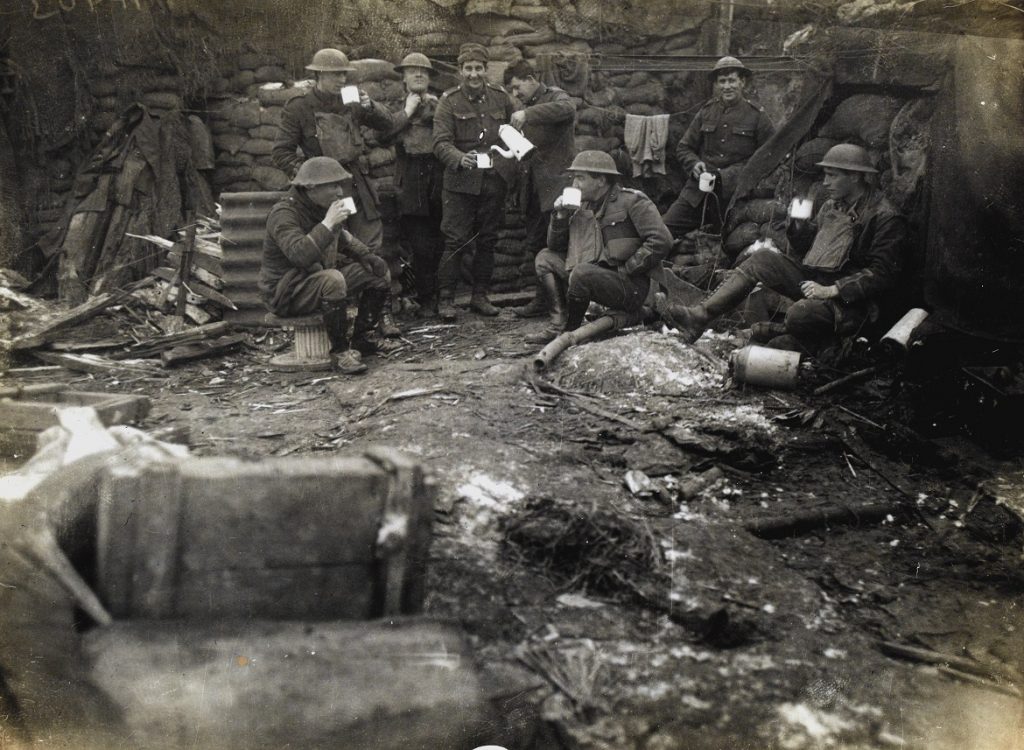
Credit: National Army Museum
Soldiers were given a daily ration of extra strong (80%) rum usually mixed with tea, coffee, or cocoa. The rations were delivered in ceramic jars labelled with the initials “S.R.D.”. This stood for “Special Rations Department” but the soldiers commonly translated it as “Soon Runs Dry”. The rum helped to calm soldiers’ anxieties and gave them the courage to keep fighting. In 1922, during a parliamentary investigation into shell shock, the medical officer Lieutenant Colonel James S.Y. Rogers said: “Had it not been for the rum ration I do not think we should have won the war.”
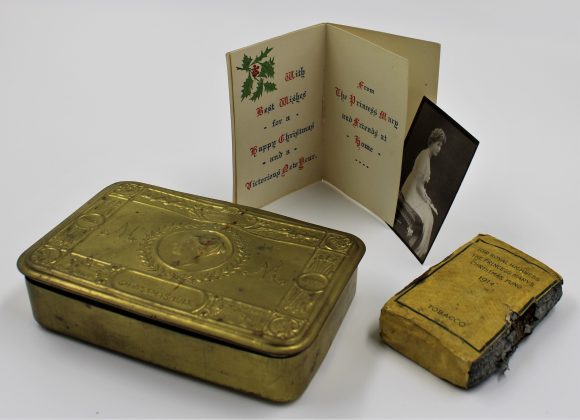
Tobacco tin given out to soldiers as part of Princess Mary’s 1914 Christmas Fund.
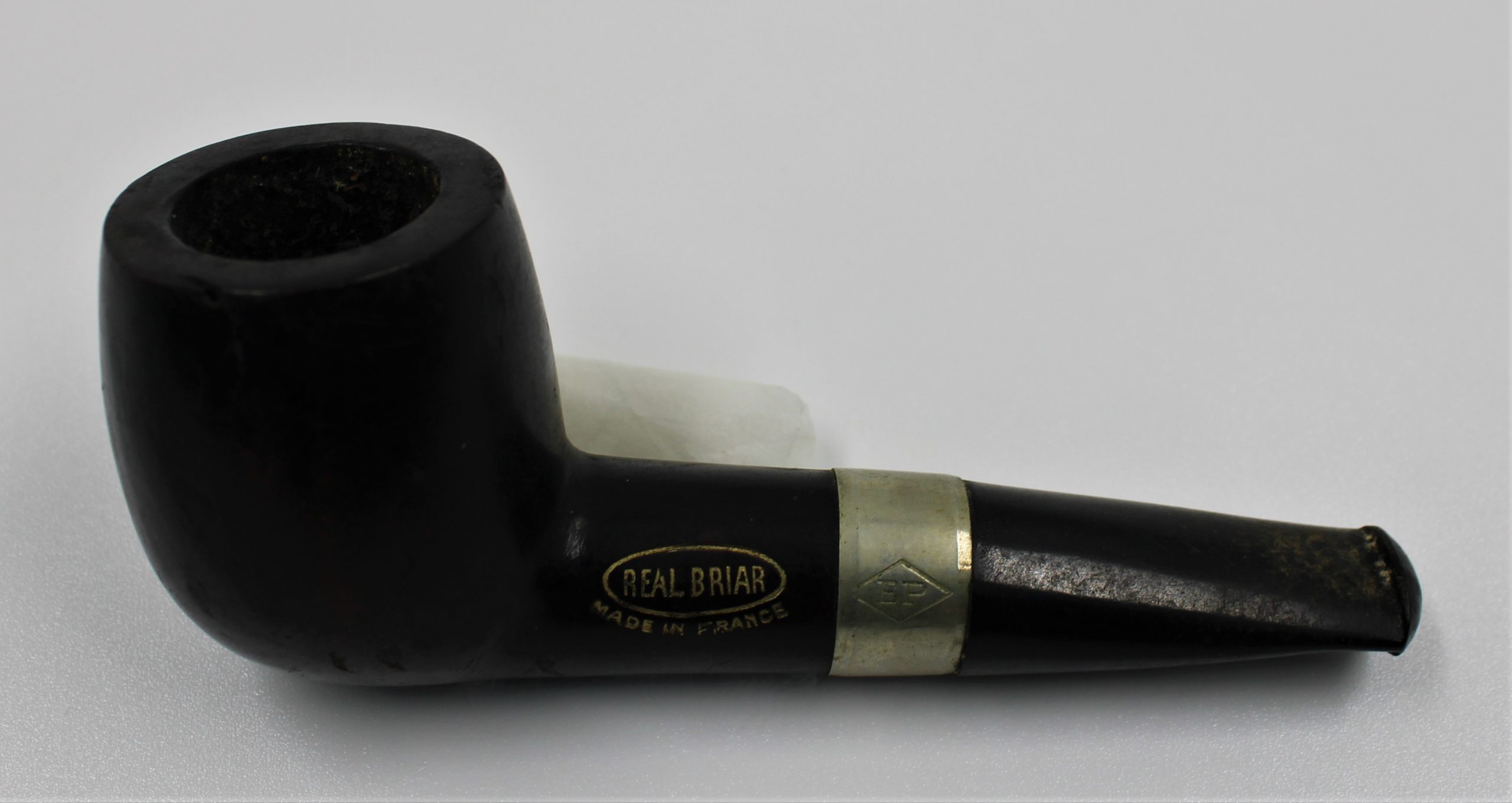
Tobacco pipe given out to soldiers as part of Princess Mary’s 1914 Christmas Fund.
Tobacco was highly prized by the WWI troops. Charitable organisations such as the Red Cross Society ensured that soldiers always received some in their rations. Smoking provided the soldiers temporary relief from the psychological stress of battle. The small luxury boosted morale and offered soldiers a moment to unwind with their comrades.
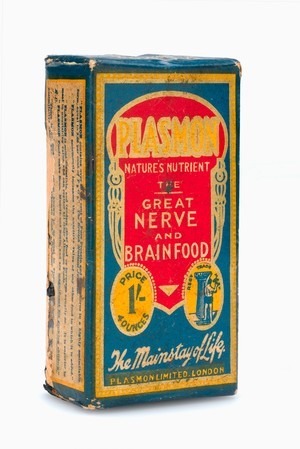
Credit: Science Museum, London. Attribution 4.0 International (CC BY 4.0)
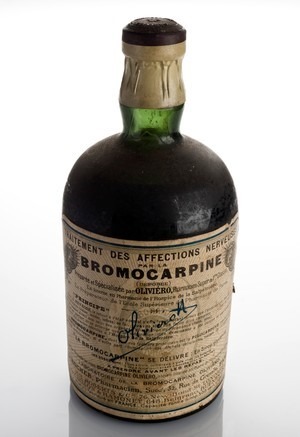
Credit: Science Museum, London. Attribution 4.0 International (CC BY 4.0)
Advertisements for tonics claiming to calm nerves boomed during and after WWI. Turvey Treatment offered to post their product straight to the trenches. In a 1918 advert for Sanatogen tonic, Lieutenant L.E. Whitfield (Royal Garrison Artillery) states “Last year I was sent home from France with a bad attack of shell shock… I owe my present healthy condition solely to Sanatogen”. The effectiveness of nerve tonics is dubious. But their popularity during this time shows how desperate people were to ease their anxieties.
